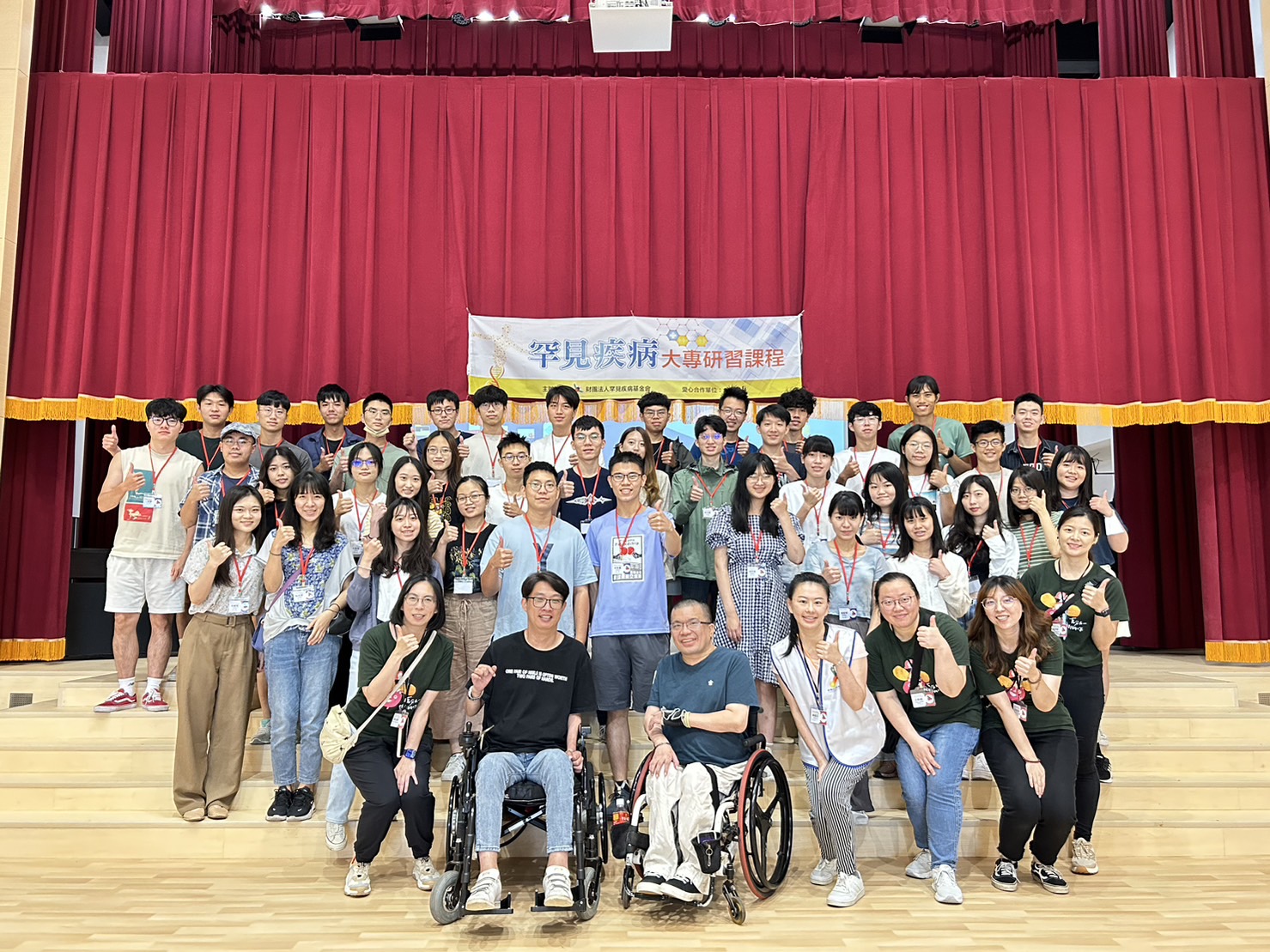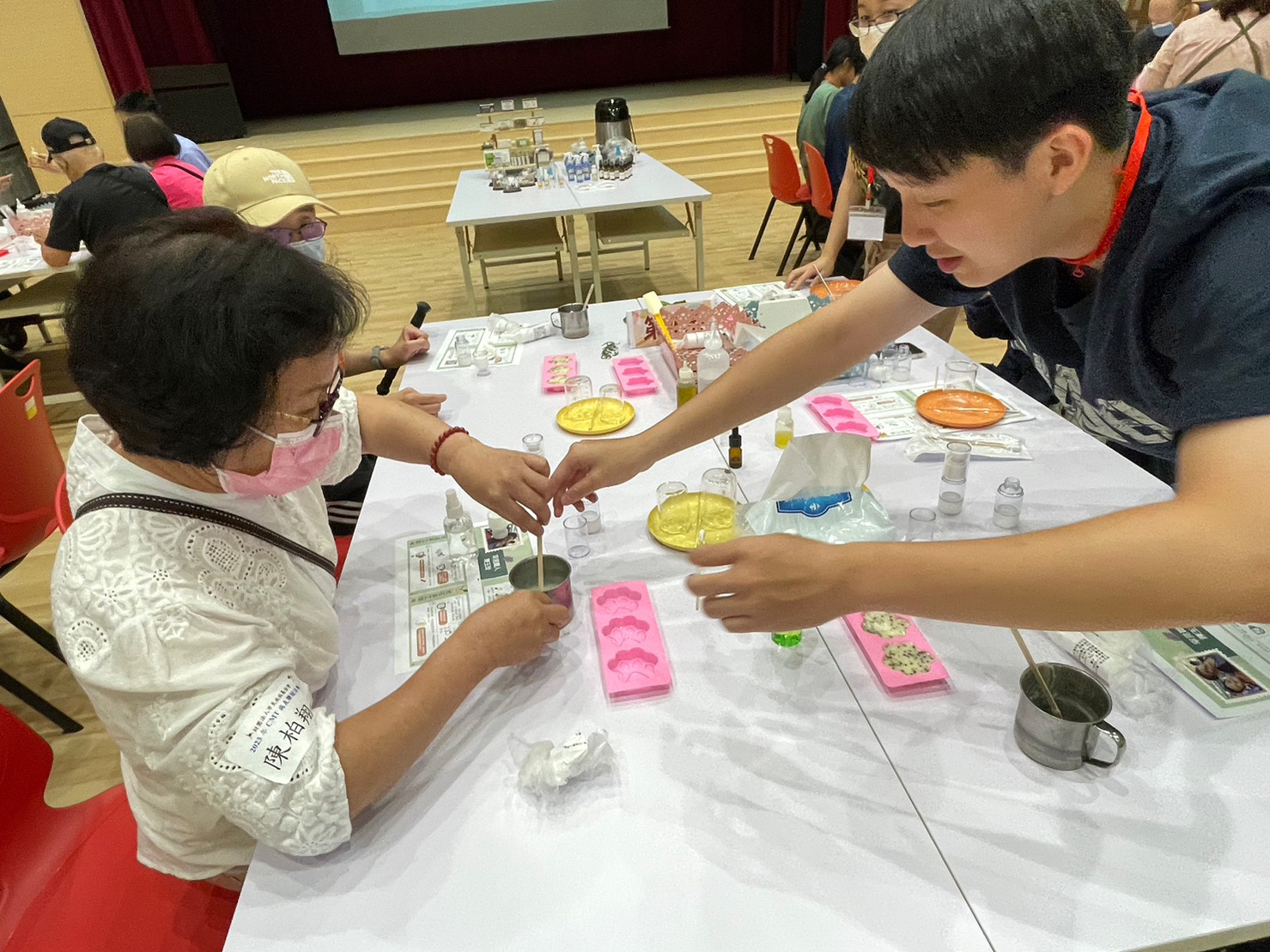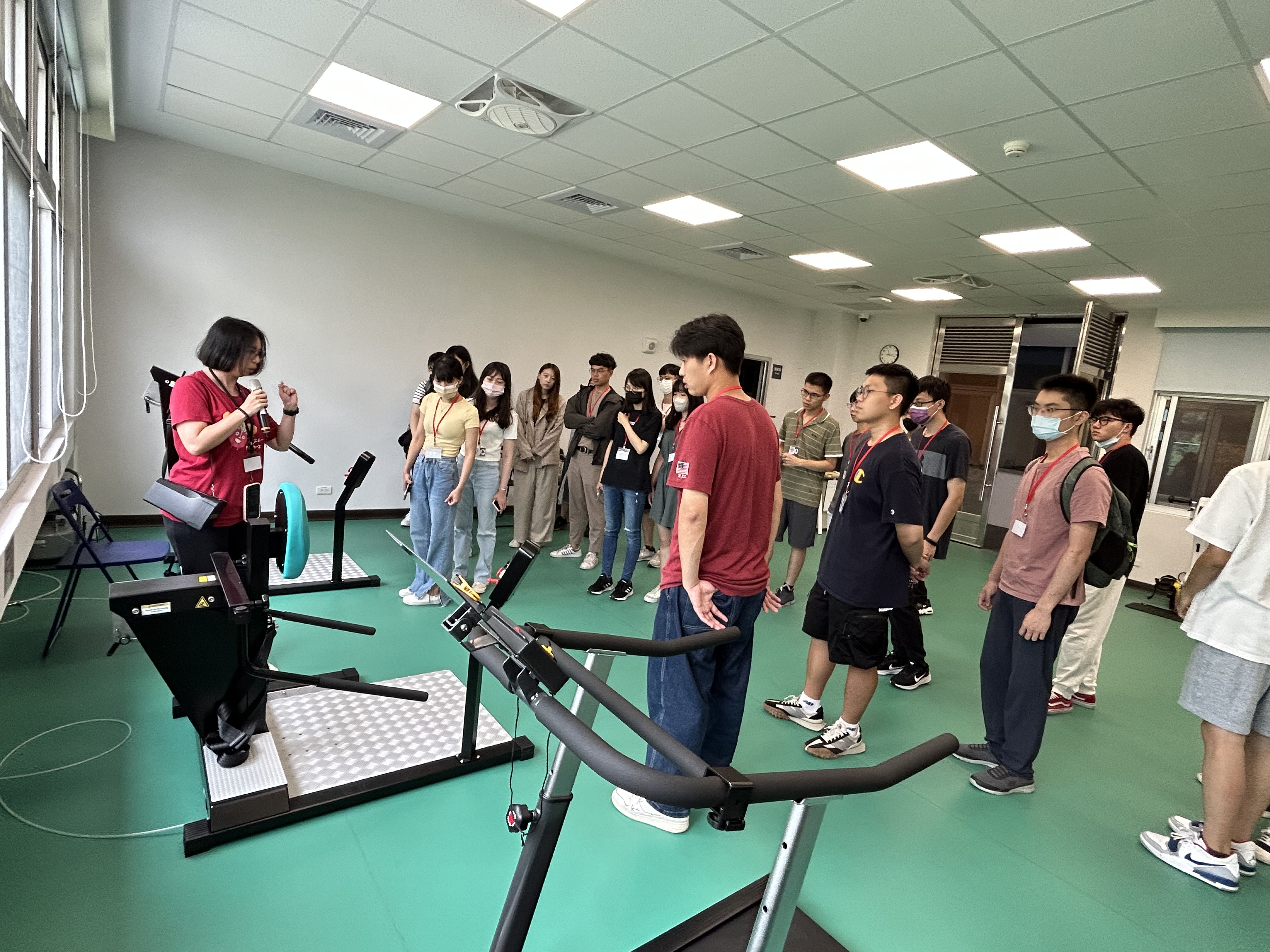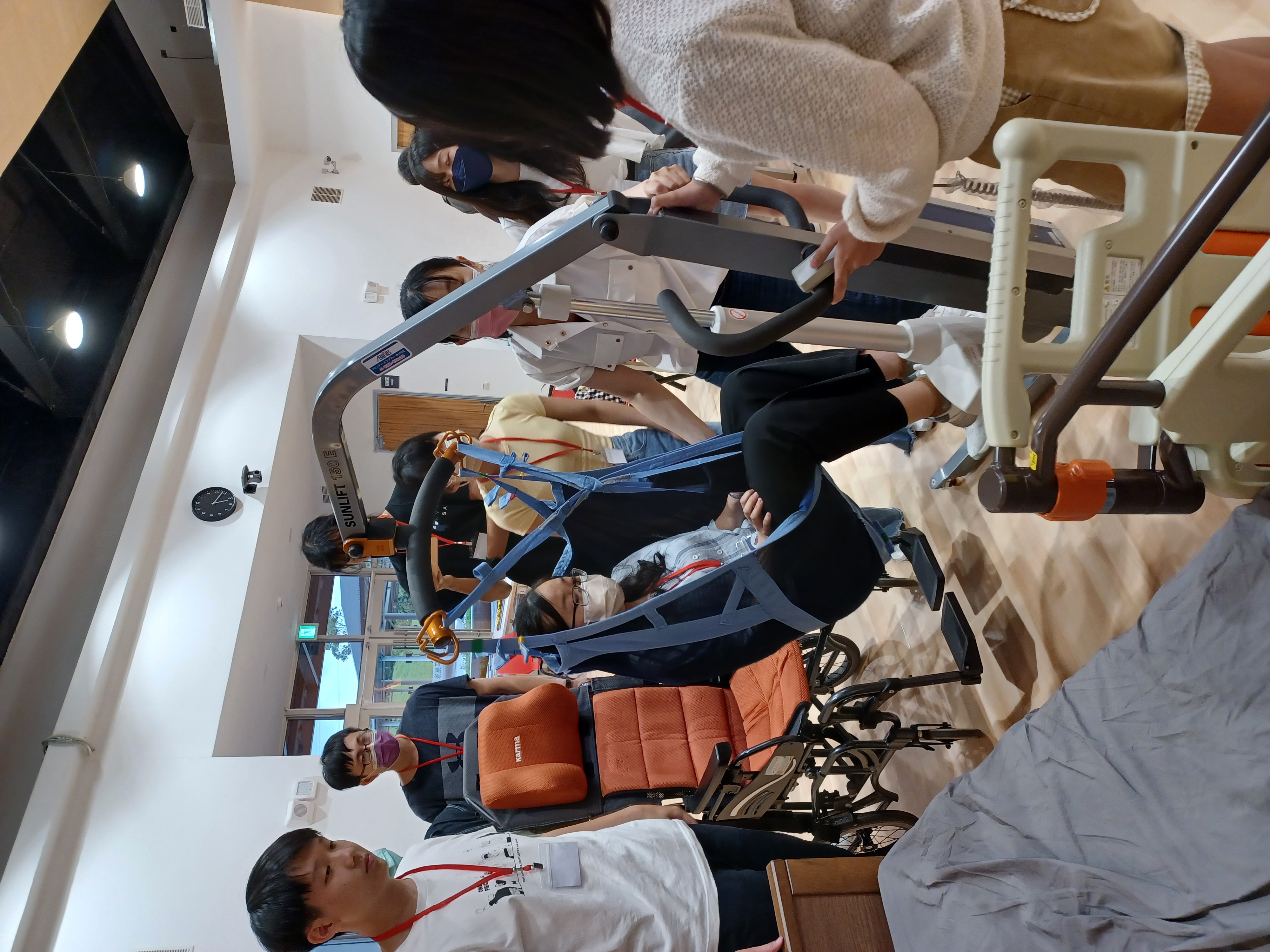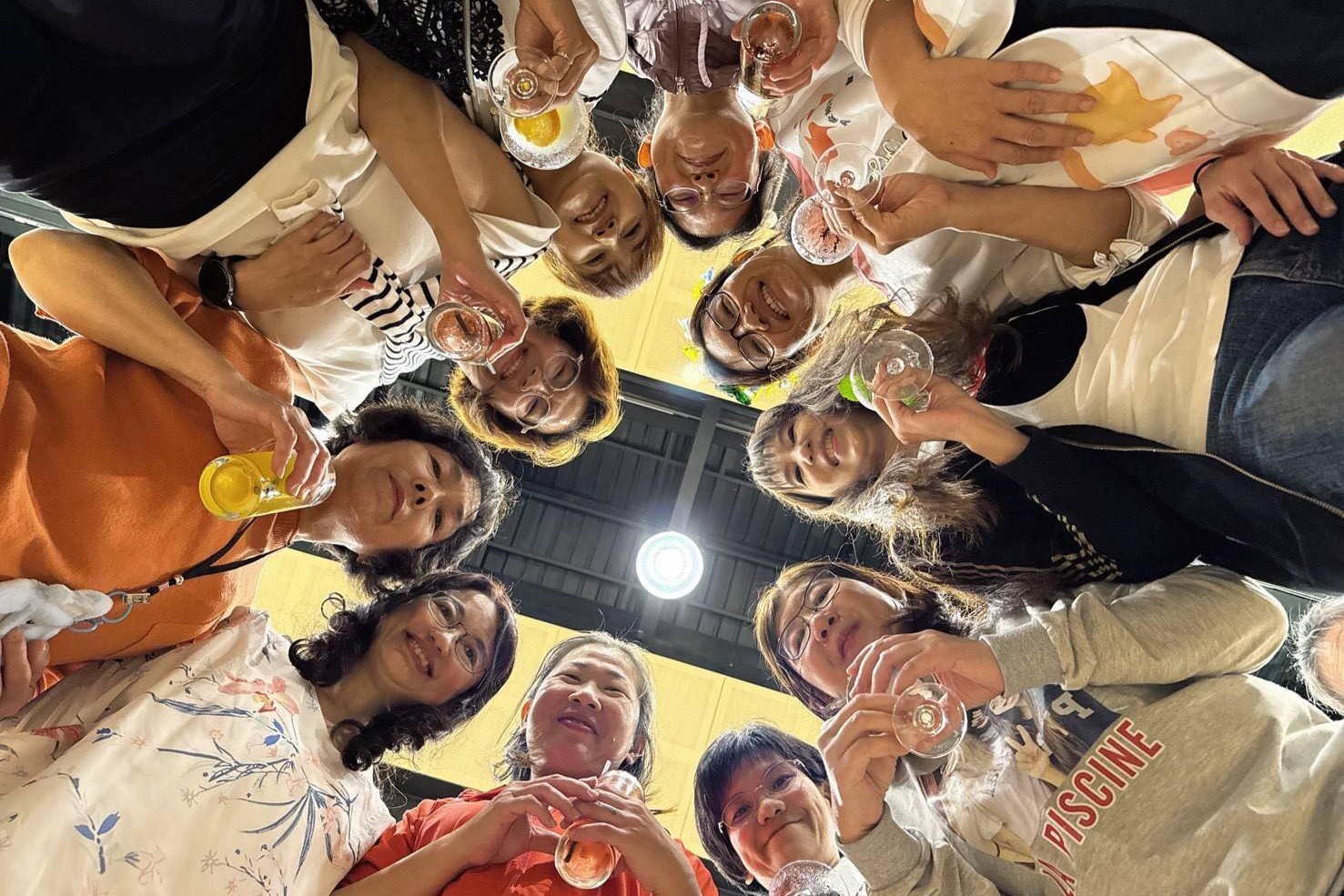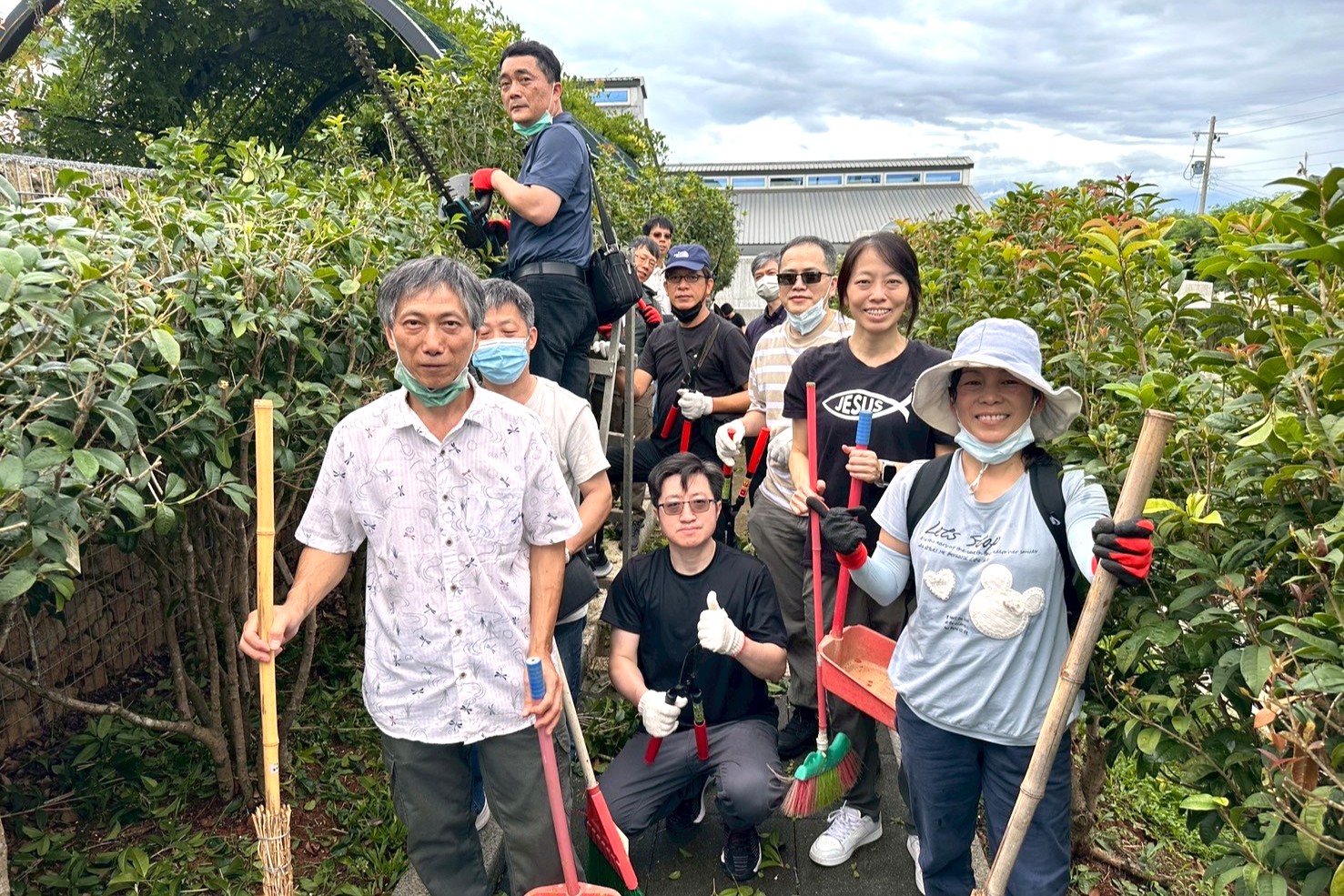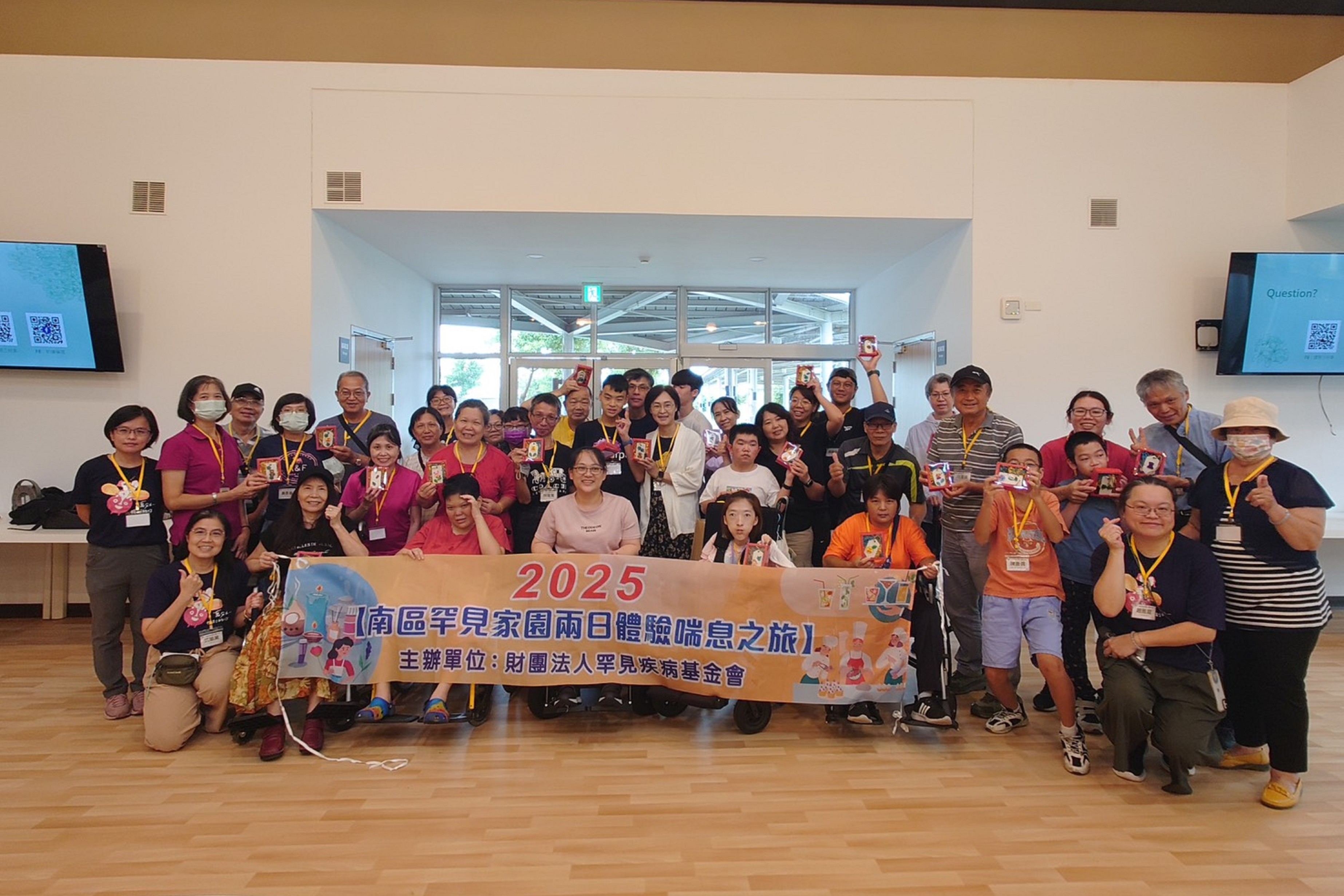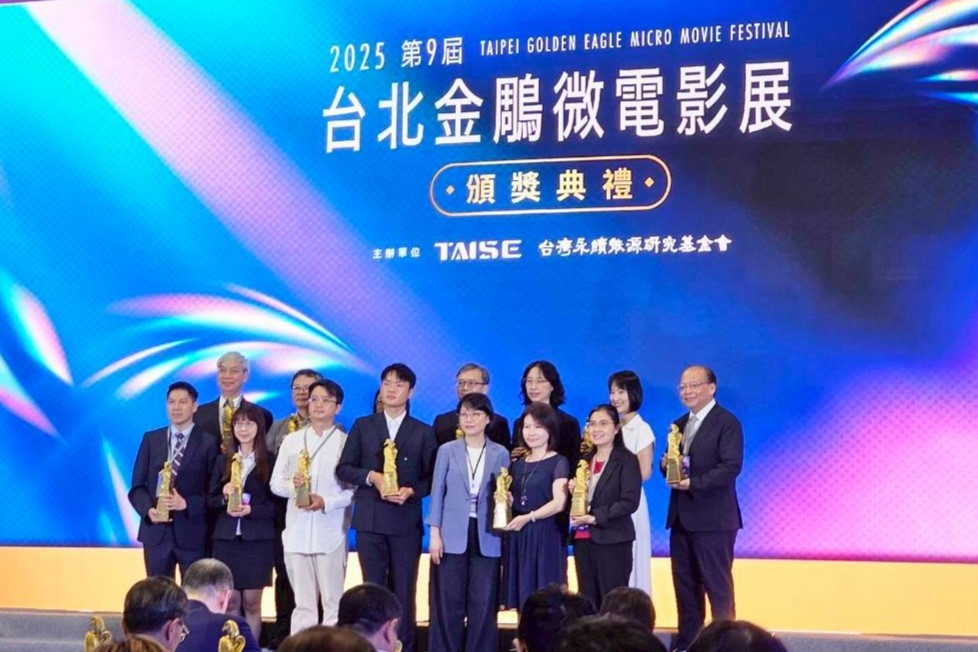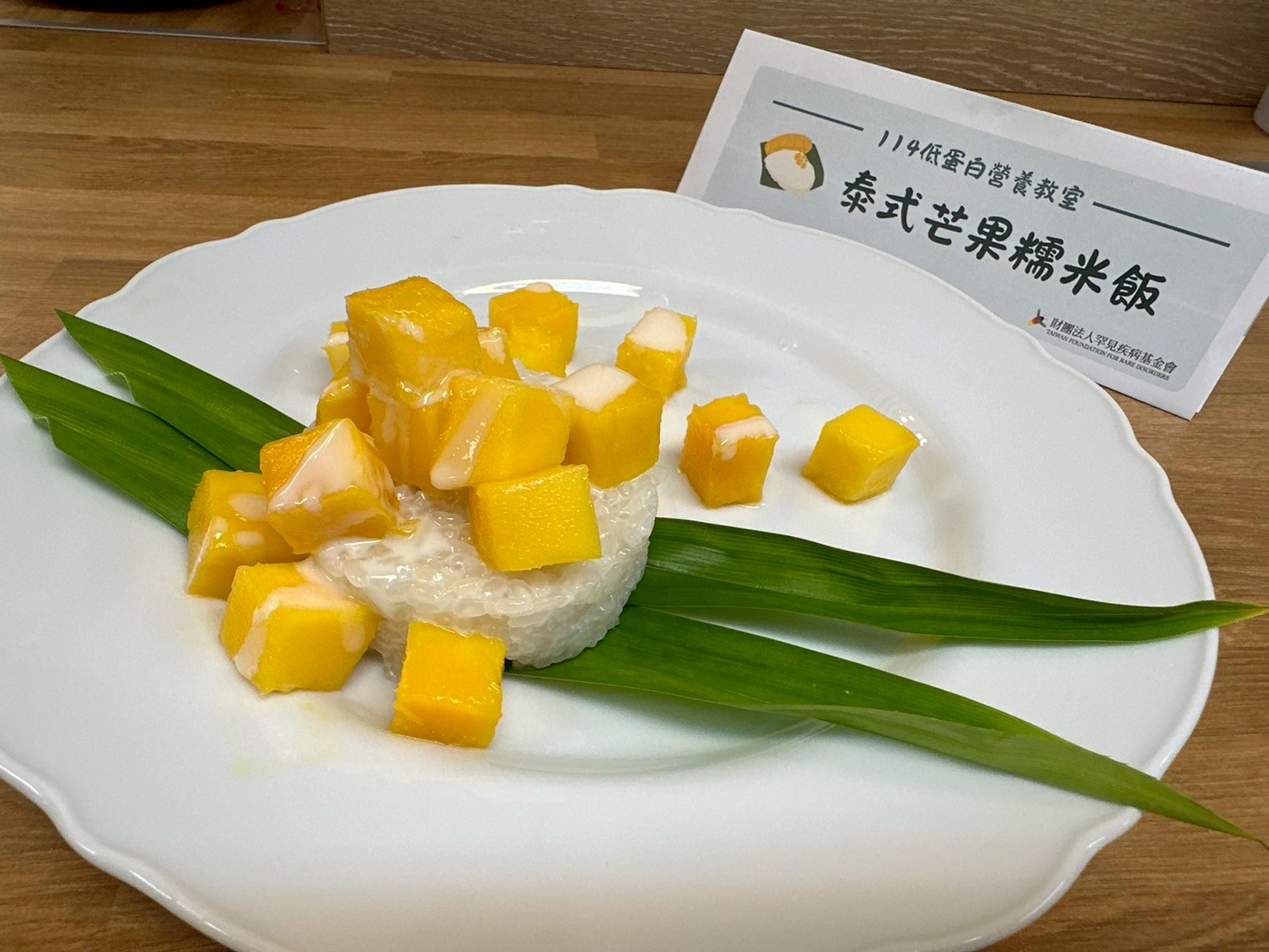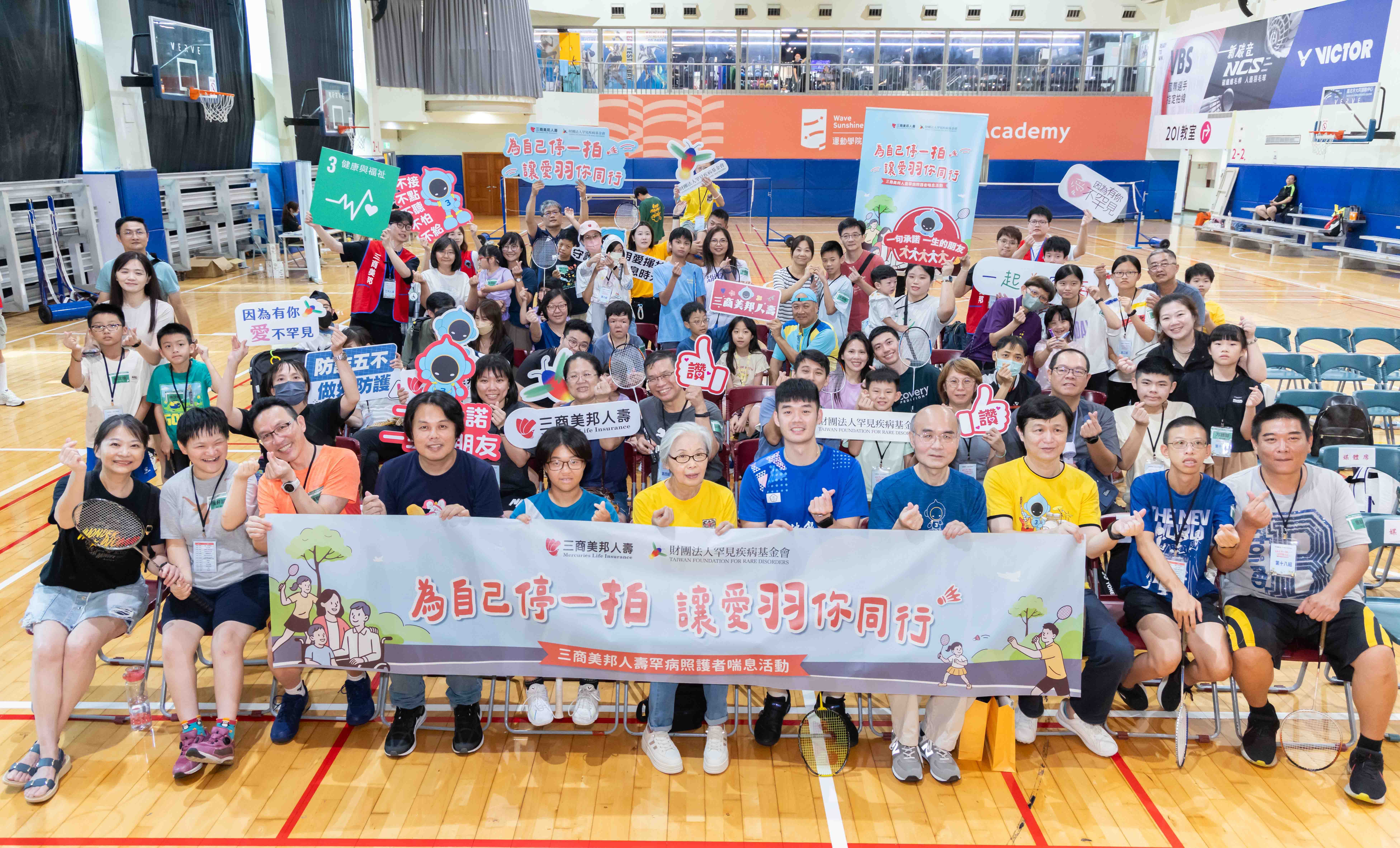News
RD Workshop for Medical Students
Rare diseases occur quite sparsely, but they cover a wide range of symptoms and can take some time to be diagnosed. Most professionals only learn about rare diseases from textbooks and may never have the chance to deal with such cases. With this in mind, TFRD recruited 40 medical students to attend a two-day-one-night workshop at the Rare Welfare Center on July 1 and July 2. The workshop allowed these would-be doctors to learn the essentials of clinical diagnosis of rare diseases and interact with RD patients to update their knowledge on the traditional way of treating the disease.
First, TFRD's Deputy Executive Director, Daryl Yu-Tai Hung, introduced the origins of TFRD and what rare diseases are. Next, Liu Qing-Shan, Associate Dean of Changhua Christian Hospital, and Li Jia-Ru, MD of the Department of Neurology, introduced the rare neuromuscular diseases in adults. One of the students feedbacked that not only did he review what he had learned in school, but also supplemented his knowledge of the diseases that he had not learned in class, thus broadening his horizons. As for the course on assistive devices, physical therapist Chung Yi-Fang of the Hsinchu Assistive Device Resource Center explained the design of each type of assistive device. The students also had the practical experience to realize the difficulties faced by the people with physical disabilities.
On the second day, under the guidance of psychologist Li Ke-Han, the medical students redefined the term “empathy.” They realized that empathy not only occurs in the present moment with omniscience, but also requires an emphasis on two-way communication, person-centered concepts, and open-mindedness. Afterwards, Mr. Liu, a patient with Charcot-Marie-Tooth disease (CMT), shared his own experience, which made everyone realize that we are all the same if the label of disease is removed from us.
The two-day-one-night workshop was not only an intellectual immersion into rare diseases but also stirred emotions within these medical students. Our aspiration is that these students will approach their future medical careers with open-mindedness, providing all patients with compassionate and equal care.
Translator: David Lee (Becker Muscular Dystrophy)

